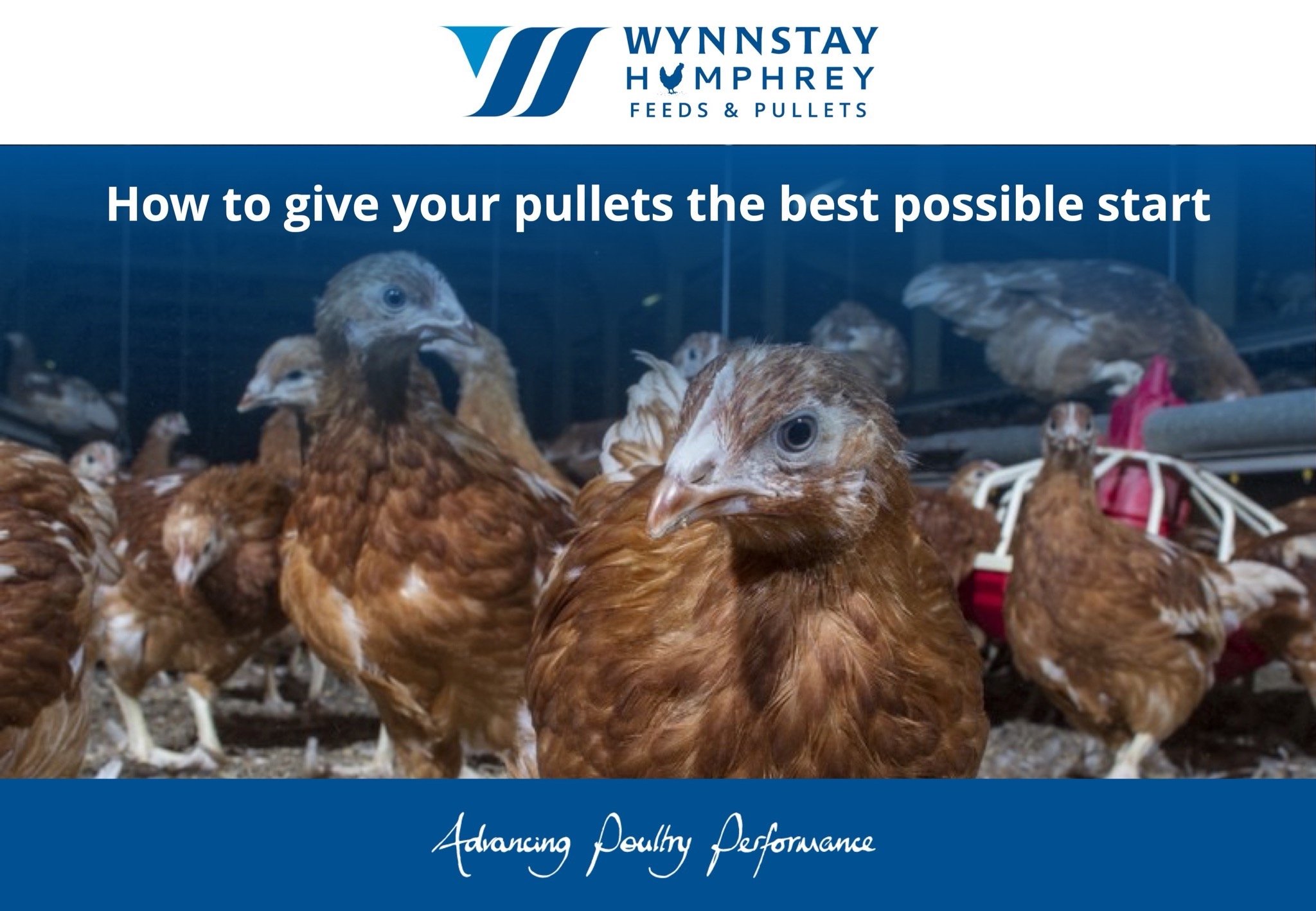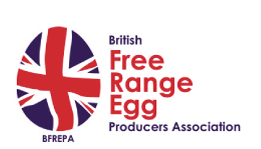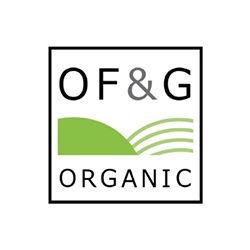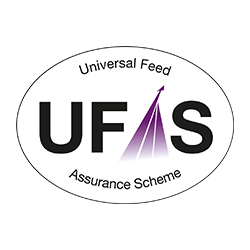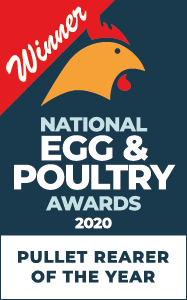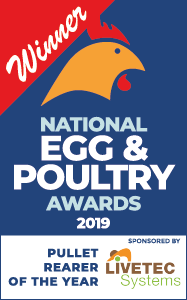Poultry farmers received two tranches of welcome news recently in the aftermath of outbreaks of Avian Influenza in the last year.
Firstly, the declaration by the Government’s Chief Veterinary Officer that the UK is free from Avian Influenza H5N8 means trade discussions on UK poultry and poultry products with existing and potential trading partners can restart.
Secondly, the UK Government’s Animal and Plant Health Agency (APHA) and Defra are amending cleansing and disinfection (C&D) protocols to do away with the requirement to dismantle complicated equipment in an Infected Premises (IP) during secondary C&D. This will save time and expense for poultry farmers without any compromise to food safety or animal welfare standards.
This protocol review was triggered by a risk assessment report funded by the British Egg Industry Council BEIC and British Poultry Council which concluded that the effect of dismantling complicated equipment was negligible. Trial work on two farms is necessary to finalise the terms, so that science can now guide the necessary level of biosecurity required.
Secondary C&D will still require official supervision and any equipment coming into contact with birds, such as drinkers, feeders, floors, nest boxes and perches, will still require full C&D, but so-called complicated areas no longer need to be dismantled.
Remain vigilant
However, the CVO, Professor Nigel Gibbens, warned large and small scale poultry keepers to remain on the lookout for the disease, which is still present in Europe. Winter will also increase the risk of reinfection through wild bird migration.
Spotting the symptoms of Avian Influenza
Avian Influenza comes in two forms. High Pathogenic AI, usually fatal to birds, causes the following symptoms:
- Difficulty in breathing, displayed as a gaping beak, coughing, sneezing or gurgling
- Blue discolouration around the neck and throat
- A swollen head
- A loss of appetite
- Diarrhoea
- Reduced egg laying
Low-pathogenic AI is not as serious and affected birds may not show symptoms at all, but it can cause mild breathing problems.
Need more information about Avian Influenza?
Poultry Health and Welfare Group is running 12 avian influenza roadshows for British poultry producers and smaller scale poultry keepers throughout the country during October.
Humphrey Feed and Pullets is also happy to share advice and good practice through our website’s performance centre.




